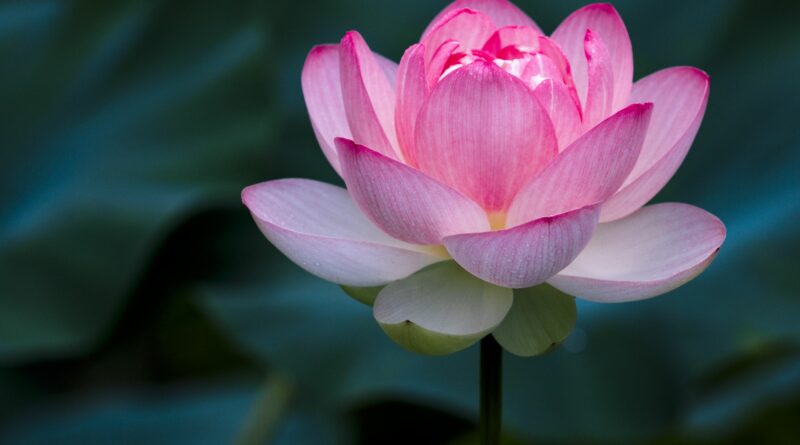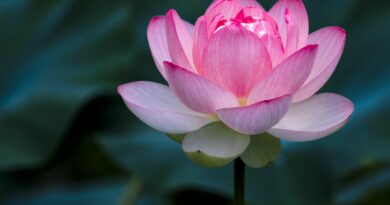61-70
MAIN CONTENT
61-70
61. On eating
A group of monks came to pay their respects to Luang Pu before the Rains Retreat and one of them said, “I’ve been meditating for a long time and have attained some peace, but I have this problem about eating meat. Even just looking at meat, I feel sorry for the animal to whom the meat belonged, that it had to sacrifice its life simply for me to consume it. It’s as if I really lack compassion. When I start worrying about this, I find it hard to bring my mind to peace.”
Luang Pu said,
“When a monk partakes of the four requisites, he should contemplate them first. If, on contemplating, he sees that eating meat is a form of oppression and shows a lack of compassion for animals, he should abstain from eating meat and eat vegetarian food instead.”
62. More on eating
About three or four months later, the same group of monks came to pay their respects to Luang Pu after the Rains Retreat and told him, “We ate vegetarian food throughout the rains, but it was very difficult. The lay people where we were staying in Khoke Klaang village, Praasaat district, knew nothing about vegetarian food. We had trouble finding any, and it was troublesome for the people who were supporting us. Some of the monks ended up in poor health, and some of us almost didn’t make it all the way through the Rains Retreat. We weren’t able to put as much effort into our meditation as we should have.”
Luang Pu said,
“When a monk partakes of the four requisites, he should contemplate them first. If, on contemplating, he sees that the food in front of him—whether it’s vegetables, meat, fish, or rice—is pure in three ways in that he hasn’t seen or heard or suspected that an animal was killed to provide the food specifically for him, and also that he himself obtained the food in an ethical way, that the lay people donated it out of faith, then he should go ahead and eat that food. This is how our teachers have practiced as well.”
63. Still more on eating
On the second day of the waning moon in the third month of 1979, Luang Pu was staying at Prakhonchai Forest Monastery. After 8 p.m. a group of monks who liked to wander around, pitching their tents near populated areas, came to the monastery to spend the night there, too. After paying their respects to Luang Pu, they talked about what they felt was the outstanding feature of their practice, saying, “Those who eat meat are supporting the killing of animals. Those who eat only vegetables show a high degree of compassion. The proof of this is that when you convert to eating just vegetables, the mind becomes more peaceful and cool.”
Luang Pu responded,
“That’s very good. The fact that you can be vegetarians is very good, and I’d like to express my admiration. As for those who still eat meat, if that meat is pure in three ways—in that they haven’t seen or heard or suspected that an animal was killed to provide the food specifically for them—and they obtained it in a pure way, then eating the meat is in no way against the Dhamma and Vinaya. But when you say that your mind becomes peaceful and cool, that’s the result of the strength that comes from being intent on practicing correctly in line with the Dhamma and Vinaya. It has nothing to do with the new food or old in your stomach at all.”
64. Business practices & Dhamma practice
A group of merchants said, “We have our duties as merchants, which means that sometimes we have to exaggerate things or take excessive profits, but we’re extremely interested in practicing concentration and have already started practicing. Some people have told us, though, that, with our livelihood, we can’t practice meditation. What do you say about this, Luang Pu? For they say that selling for a profit is a sin.”
Luang Pu said,
“In order to survive, every person needs an occupation, and every occupation has its own norms of what’s right and appropriate. When you follow those norms in a proper way, that counts as neutral—not meritorious, not sinful. As for practicing the Dhamma, that’s something you should do, for only those who practice the Dhamma are fit to work in all circumstances.”
65. Buried memories
Once when Luang Pu was staying at Yothaaprasit Forest Monastery, a large number of monks and novices came to pay their respects. After they had listened to his teachings, Luang Taa Ploi—who had ordained when he was old but was well restrained in his practice—said to Luang Pu, “I’ve ordained for a fairly long time now, but I can’t yet cut my attachments to the past. No matter how firmly I set my mind on the present, I find that mindfulness lapses and I keep slipping back. Could you tell me another method to stop this sort of thing?”
Luang Pu responded,
“Don’t let the mind run out after external preoccupations. If your mindfulness lapses, then as soon as you’re aware of it, immediately pull it back. Don’t let it go looking into preoccupations that are good or bad, pleasant or painful. Don’t fall in line with them, but don’t use force to cut them off.”
66. In his own style
Sometime around 1977, Luang Pu was invited to a celebration at Wat Dhammamongkon on Sukhumvit Road in Bangkok. During the celebration, he was invited to “sit in protection” as part of a consecration ceremony for Buddha images and amulets. After the ceremony was over, he went outside to rest in a small hut where he spoke with a large number of his monk-students who were studying in Bangkok at the time. One of the monks commented that he had never seen Luang Pu participate in a ceremony like this before, and wondered if this was his first time. He then went on to ask how one goes about sitting “in protection.”
Luang Pu replied,
“I have no idea what the other ajaans do when they’re sitting ‘in protection’ or sitting ‘in blessing.’ As for me, I simply sit in concentration in my same old style.”



